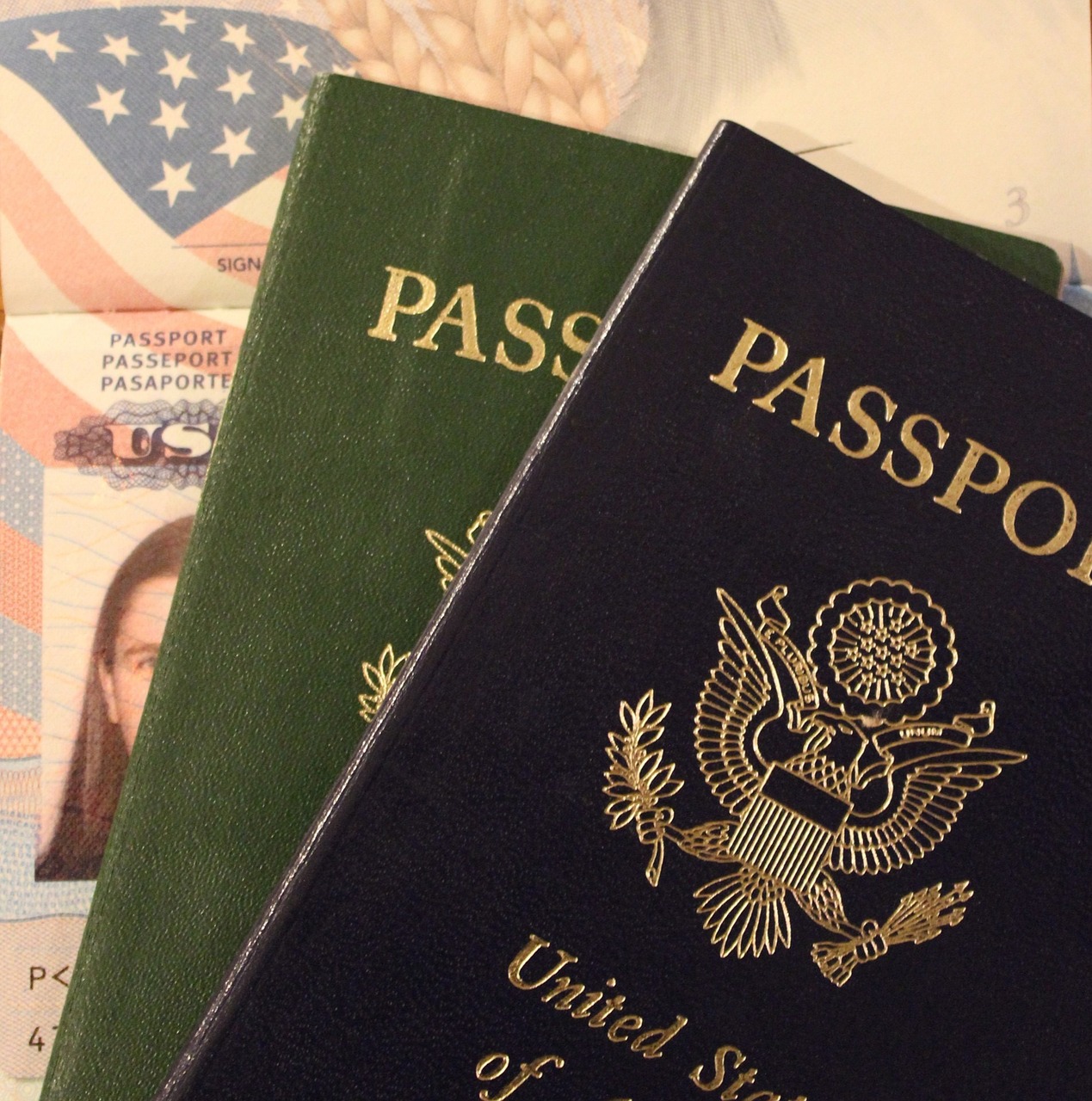
In America, a foreign national is not allowed to work in the United States without permission. To get that permission, their employer has to file paperwork to get them an H1B visa. Last year, there were 85,000 H1B visas available. There were 200,000 people that applied for those visas. If someone gets selected, they can work in the United States for another three years and apply for a green card.
Table of Contents
Read on to learn more about the following:
When there are more applications than allowed in the cap, the United States Customs and Immigration Service (USCIS) holds a lottery. While somewhat of a misnomer of a name, lottery simply refers to a computer-generated selection process for H1B applications.
USCIS has made it much easier to sign up to submit registrations that provide the opportunity to file petitions for H-1B workers as prospective petitioners.
Here's an overview of the electronic registration process:
Go to my.uscis.gov. If you already have a myUSCIS account, click sign in and enter your email and password.
If you don't have an account, click sign up and follow the instructions to create a registrant account. If you have an account, choose how you would like to receive your verification code and enter it when you receive it.
In 2023, the H-1B lottery window begins on March 1, 2023, and ends on March 17, 2023.
For your account type, select I am an H-1B registrant. If you are working with a legal representative, do not click file a registration. Your representative will prepare the registration and will provide you with a passcode so you can review it. You can enter that passcode here.
If you are not filing with a representative, click file a registration. After reading through the H-1B overview screens, click start to create your registration.
Take note, you can only input information once the initial registration period opens.
You'll provide information about you, the employer, and the beneficiary.
After you have provided information about the beneficiary, click save entry, and then you can add registrations for additional beneficiaries and effectively create a batch submission by clicking add another beneficiary.
You can submit multiple registrations for up to 250 beneficiaries per submission. In other words, up to 250 registrations in one batch. If you wish to submit registrations for more than 250 beneficiaries, simply repeat the entire registration process again to create a new batch of registrations for the additional beneficiaries.
You'll have the chance to review your registration or registrations before submission. A red alert message will let you know that you have not completed all fields and required information. A green alert means you can proceed to the next step.
Next, you will electronically sign and certify the registration or registrations.
The final step is to pay the required fee, $10 for each registration, including beneficiaries eligible for the advanced degree exemption in a batch submission. You will then be taken to the pay.gov website, where you will provide your payment information and hit submit.
Congratulations. You have successfully submitted an H-1B registration. You can go into your account at any time to check the status of your registrations. You'll even be able to download a CSV file of all the beneficiaries you registered, which can be useful to verify that you have not submitted duplicate registrations for the same beneficiary. That would result in all registrations for that beneficiary submitted by your company for that fiscal year being invalid.
Once you submit a registration, you won't be able to edit it. You will, however, have the ability to delete a registration, for example, if you discover an error after submission, until the time that the initial registration period closes, and submit a separate registration with a new $10 fee. You can delete an individual registration, even if submitted as part of a batch, without affecting the other registrations submitted with that batch. Deleted registrations will not have their $10 fee refunded.
USCIS will notify account holders by March 31st, 2023, if the registrations you submitted are selected. You'll need to log into your account to view the notifications.
Notifications will include one of the following four statuses.
Submitted. A registration status may continue to show submitted after the initial selection process has been completed. Submitted registrations will remain in consideration for selection until the end of the fiscal year, at which point all registration statuses will be selected, not selected or denied.
Selected. This means you were selected to file a fiscal year 2024 H-1B cap-subject petition.
Not selected. This means you were not selected for this fiscal year.
Denied. More than one registration was submitted for the same perspective petitioner for the same beneficiary, and for the same fiscal year. All registrations the prospective petitioner submitted on behalf of the same beneficiary for the same fiscal year are invalid. For each initial registration period, we will announce the anticipated opening and closing dates.
Federal law requires a degree in a specific specialty that's required by the job. That's at least a bachelor's degree. Other than that, what is needed to start the process is, yes, a job offer, and actually, all of the petitioning for an H-1B has to be done by the employer. The employee doesn't file it. The employee works on paperwork documents, which will get to a question or two down the line.
But you need a job offer. You need an employer who's willing to put in the time and expense to file the process or to start the filing process.
If you are thinking you're going to have a job offer that might include sponsoring you for an H-1B, the first thing you can do is have clear communications with your employer about the process, kind of talk to them about the timeline, talk to them about what they need to do, and then gather documents, gather documents to establish your status in the United States. You will need to gather information about past visas, basically your entire immigration history in the United States.
And then also documentation about your qualifications. Copies of degrees, copies of college transcripts, or grad school transcripts. The other thing that kind of can slow people down a little bit at the start of the process is that if you have a foreign degree, you need to get that degree evaluated to show what that US equivalent is. So if you come into the process with that, that'll be very quick.
Okay, so the basic principle behind the H-1B program is that it's for what's called specialty occupation positions.
What that means is that the position requires at least a bachelor's degree or its equivalent in a specific specialty. There are some ways around that with experience. That's very hard to do. The basic principle is at least a bachelor's in a specific specialty.
So the classic example, if it's an accounting job, you need an accounting degree that's easy. There's somewhere it's a little broader. So they've traditionally kind of pushed back on things that are general computer degrees, general business degrees. You basically just need to show though how the details of that particular job that you're applying for the H-1B need that particular degree. That's the basic requirement.
So the H1B cap is because, for certain people applying for H-1Bs, there are fewer visas available than the people who usually apply for those visas in any given year. So they do a lottery. That lottery is what the registration is for in March. Everybody is subject to the cap except for higher education, research institution, and certain nonprofits.
So basically, if you don't work for a university, if you don't work in some sort of nonprofit research job, odds are good that you're going to be subject to the cap and thus go through the lottery.
So in addition to if they're working with us, kind of sign the contract, start the process. The employer needs to provide documentation right at the start that shows the incorporation of the company, the company's employer identification number, and also just the details of the job, the title, the job description, and things like that.
And then down the line, we need a lot more information from them, like organizational charts, tax returns, and things like that. But that's what we need to start the process.
Yes, absolutely. As long as you're maintaining your status in the United States up until the point that the H-1B kicks in, which, if it's cap-subject, would be the start of the fiscal year, October 1st of whatever year you're applying, you can absolutely apply for the H-1B.
Even if your status is going to expire, there are different things you can do. You can either go outside the country and get a stamp or go to an embassy or consulate for your H-1B. If you have an F1 and work authorization on optional practical training after your F1 program, depending on the timing, you can actually keep working up until the H-1B kicks in.
So H-1Bs last for three years, and you can extend it by one additional three-year period.
If you have somebody who filed an I-140 for you, an employment-based immigrant petition, and that's approved or pending, you can extend your H-1B beyond that.
If you travel outside the United States during your H-1B, you can keep track of all the time you've spent outside of the country and kind of tack that onto the end. But the basic is three years, one, three-year extension on it.
Yes, absolutely. The thing you have to keep in mind, though, is if it's your first time traveling since you changed your status to your H-1B, you're going to have to make an appointment at the embassy or consulate in your home country or wherever you're traveling to, to get a visa stamp. A change of status to an H-1B in the United States lets you stay and work, but it's separate from the visa. And if you did leave the country, you would most likely need to go get a visa for the actual H-1B at your embassy or consulate.
Now, you should keep in mind that that process can take a while. So if you are traveling and it's your first time, and this is in a post covid world, give yourself plenty of time for the appointment, plenty of time for the visa, and be prepared that you might be outside the country for a few weeks before you can come back in.
While this process is undoubtedly daunting, there are a number of steps you can take that could help improve your odds of selection should USCIS become flooded with applications. First and foremost is selecting the right legal representation that has experience filing for H1B visas. Contact a lawyer at the Hacking Immigration Law, LLC for more information about how you could better prepare yourself and your application.








